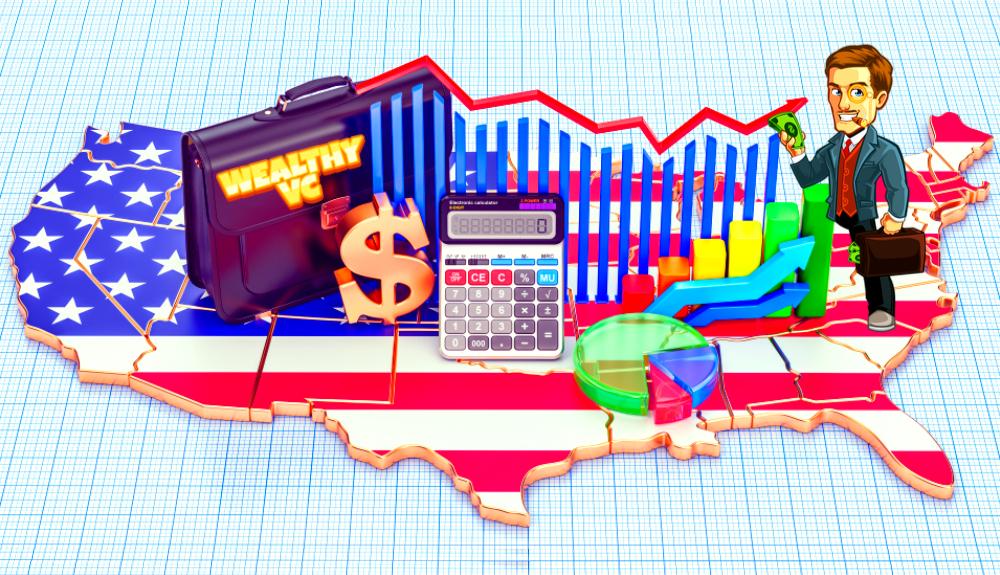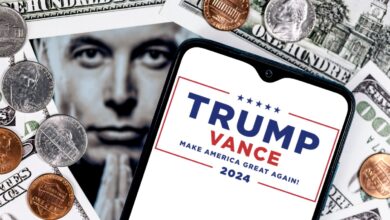5 Takeaways From July’s Stunning Jobs Report

The predominant story of 2022 (outside of COVID-19 and Russia’s invasion of Ukraine) has been the decades-high inflation that pushed the price of goods to all-time highs.
This runaway inflation led to the Federal Reserve repeatedly raising interest rates to slow it down. Prognosticators, for the most part, believe raising interest rates will slow economic activity and bring about a recession. However, July’s recently released jobs report indicates that the economy is still strong.
Below are five takeaways from the report and the reactions to the report.
Most observers believed the July jobs report would show a roughly 33% drop in new jobs from the June report, from 372,000 new jobs to 250,000 new jobs. The reported number of 528,000 new jobs not only blew away the July estimate but also the June numbers. Not since February have new jobs numbered this high. Unemployment is now at a 50-year low, while wages increased by 0.5% during the month.
The number of U.S. citizens employed is now back to February 2020 levels, before COVID-19 threw a wrench in the global economy. The recovery in jobs is heavily dependent on the industry. While new professional services and manufacturing jobs are more numerous than in pre-pandemic, the number of hospitality jobs remains well below where it was before COVID-10; it’s estimated that there are 1.2 million fewer hospitality jobs today.
Source: CNBC YouTube

These strong results have led to adjusting the expectations for the Federal Reserve’s upcoming September meeting. Before the jobs report, the market estimated a 34% chance that the Federal Reserve would raise interest rates by at least 0.75%; after the report, the estimate more than doubled to a 70% chance of a 0.75% raise.
The jobs report is an outlier in terms of pointing toward an economy getting better; most other data points seem to still point toward a recession either coming soon, or that’s already here. The Commerce Department announced last week that the U.S. economy shrank for the 2nd quarter in a row, meeting some economists’ definition of a recession. Their report showed that Americans bought fewer products while shrinking inventory levels showed a slowdown in requisitions. Meanwhile, the Labor Department reported that new job openings were at their lowest levels since 2021.
While wages grew a healthy 0.5% during the month and 5.2% over the past year, the increase is still well below the inflation rate. This means that the average citizen’s purchasing power decreased in the past year, which is another sign of an eventual recession.
Follow Wealthy VC on Social Media: Facebook | Instagram | Twitter | LinkedIn | GETTR
????Join the Discussion in the Wealthy VC Investor Group
????Have a Stock Tip or New Story Suggestion? Email us at Invest@WealthyVC.com
Disclaimer: Wealthy VC does not hold a position in any of the stocks mentioned in this article.




